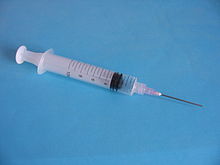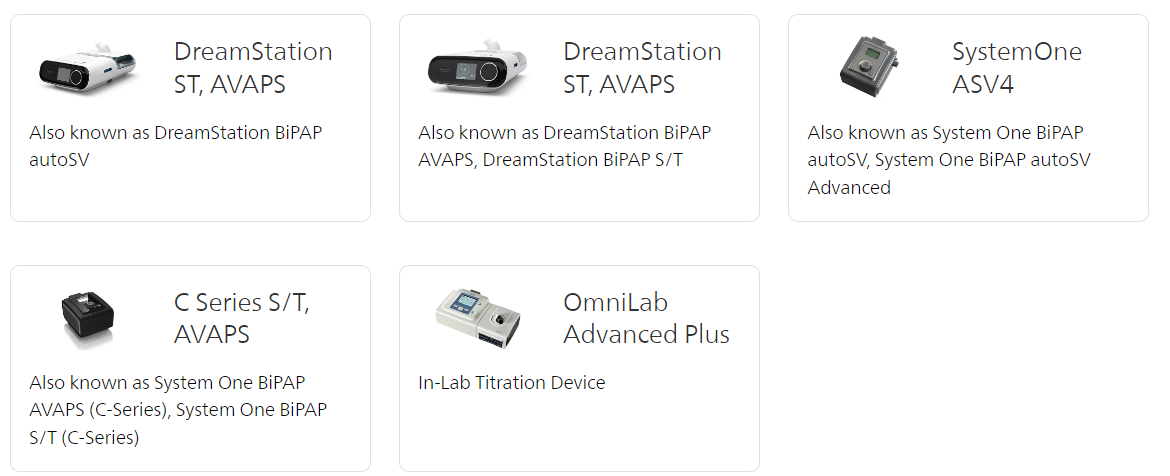Legal Ramifications of the Federal Ban on Unregulated Lithium-Ion Batteries for E-Bikes and E-Scooter
 The recent announcement by the Fire Department of New York (FDNY) regarding the forthcoming federal ban on unregulated lithium-ion batteries for e-bikes and e-scooters marks a significant milestone in enhancing public safety. As legal professionals specializing in lithium battery-related accidents, we recognize the profound implications this legislation holds for consumer protection and the reduction of fire-related incidents.
The recent announcement by the Fire Department of New York (FDNY) regarding the forthcoming federal ban on unregulated lithium-ion batteries for e-bikes and e-scooters marks a significant milestone in enhancing public safety. As legal professionals specializing in lithium battery-related accidents, we recognize the profound implications this legislation holds for consumer protection and the reduction of fire-related incidents.
Understanding the Legislation
The Setting Consumer Standards for Lithium-Ion Batteries Act, integrated into the federal budget, mandates the Consumer Product Safety Commission (CPSC) to establish national safety standards for rechargeable lithium-ion batteries utilized in micro-mobility devices. This initiative, championed by Senator Chuck Schumer and New York’s congressional delegation, aims to address the surge in fires attributed to substandard batteries.
 New York Personal Injury Attorneys Blog
New York Personal Injury Attorneys Blog










